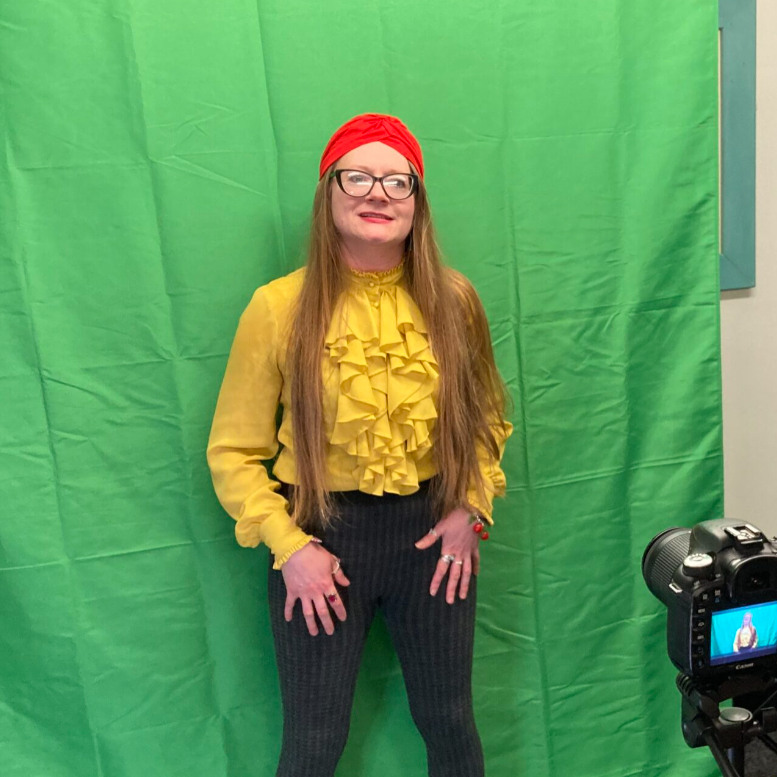Theatre for social change
Collective Encounters - A professional arts organisation that engages marginalised communities.
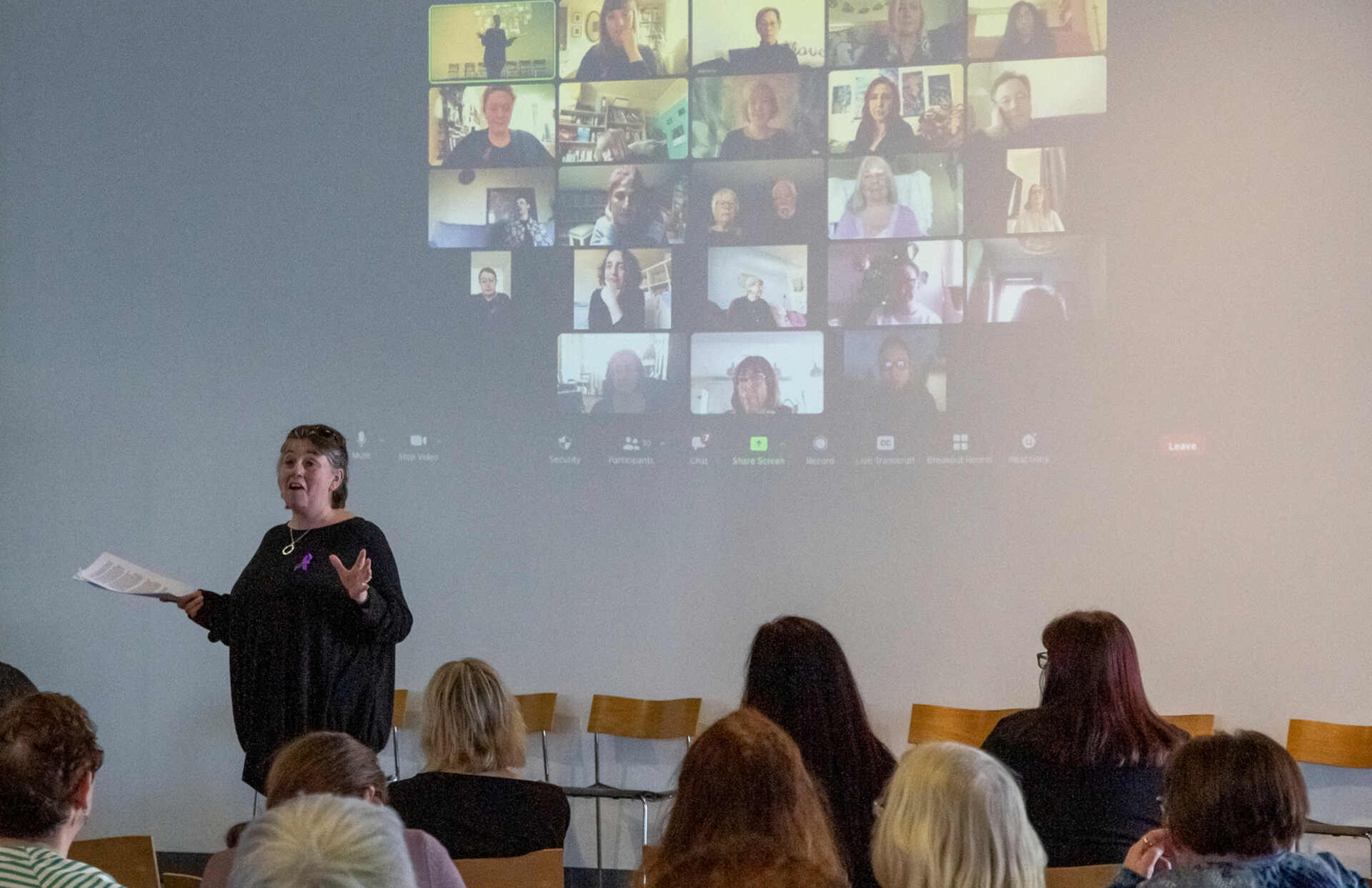
Collective Encounters provides transformative spaces where individuals can build their confidence and wellbeing through community-based participatory theatre and other creative projects.
Established in 2004, Collective Encounters works collaboratively with communities and creative practitioners in the Liverpool City Region to deliver empowering projects.
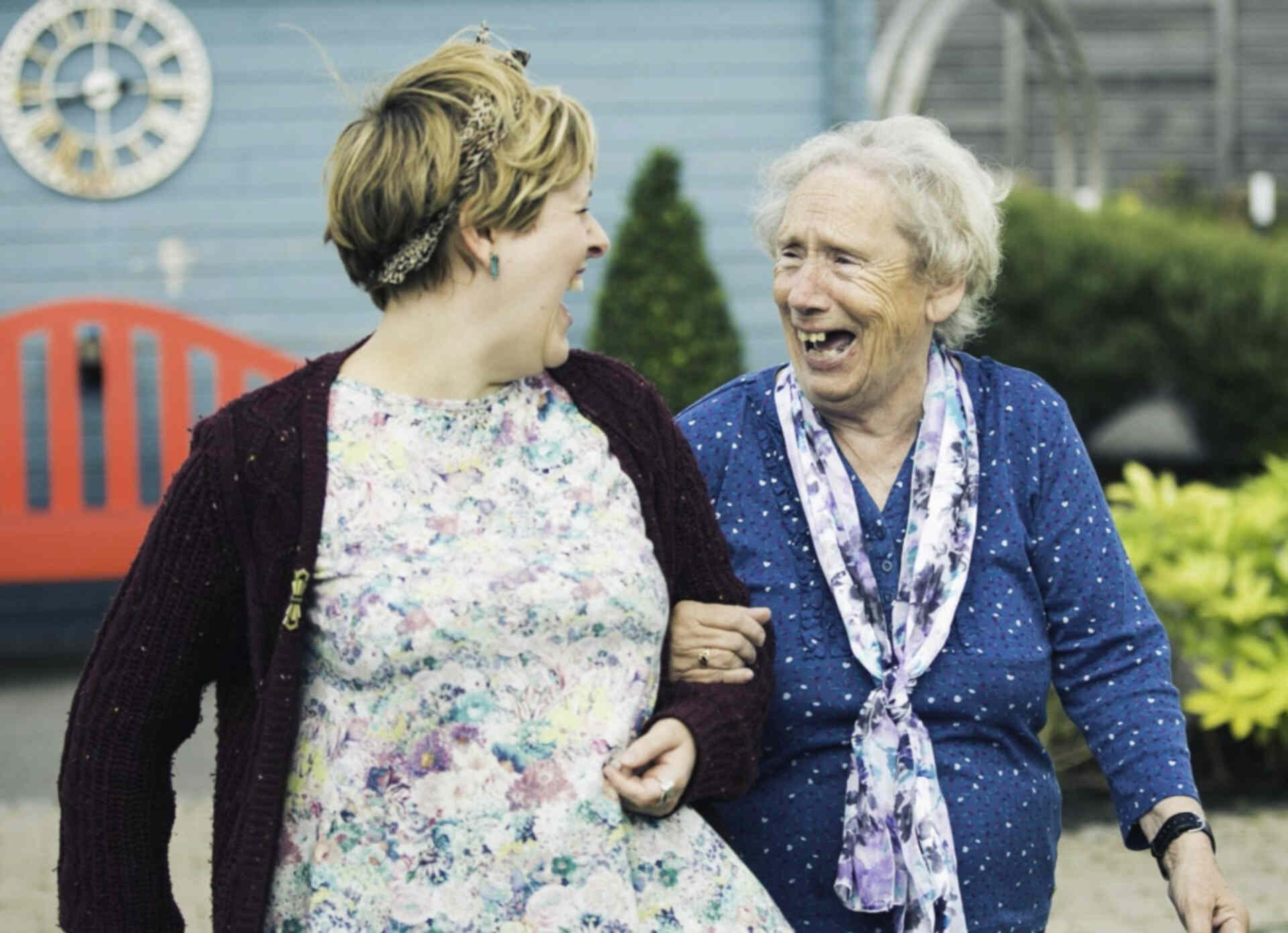
Collective Encounters’ Arts & Dementia Pocket Guide and workshops offer guidance to carers on embedding creativity within their daily caring routines. Radical Makers, another of their programmes, offers part-time training to support service-users who are emerging artists and interested in joining the creative workforce.
We use theatre to enable participants to explore the issues and ideas that matter to them and to create their own work which tells their stories to the people they want to speak to.
-Sarah Thornton, Artistic Director
Above and Beyond
In Spring 2019, the Above and Beyond programme launched in Bootle, Birkenhead and Knowsley, providing adults with the opportunity to learn skills, share community, explore collective challenges and make their own theatre through in-person workshops.
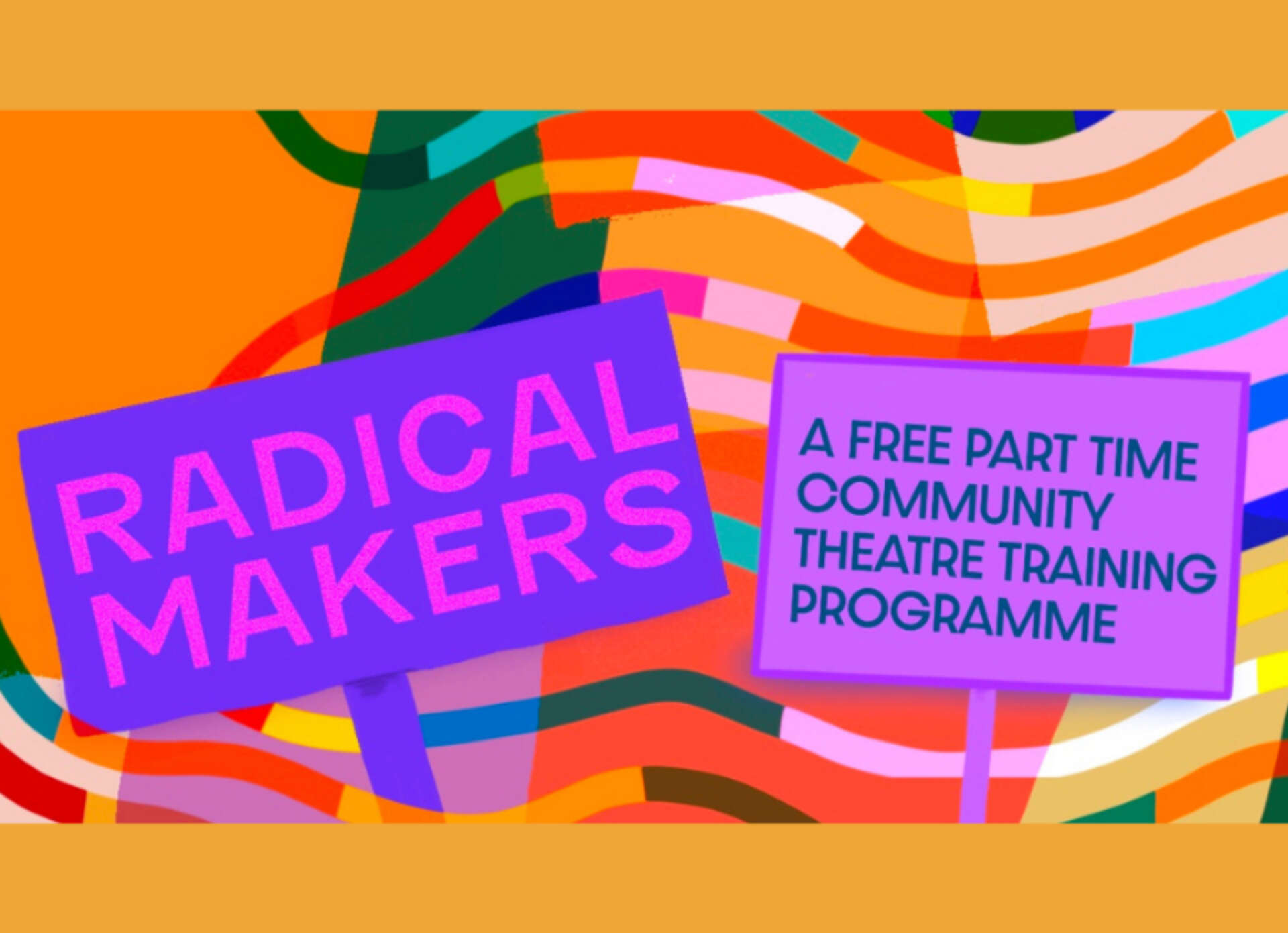
During lockdown the programme had to be taken online. Through digital participatory theatre sessions and individual contributions, an interactive, magical realist tale was crafted by the group called The Legend of the Mernix. This fantastical tale provided a virtual walking tour that participants could create from the safety of their own home, while encouraging others to use their daily time for outdoor exercise creatively.
I haven't actually met the other people in Bootle yet but I feel that we've got a link already, it's nice, I can isolate, I can shut the door, stay indoors... [but] I can connect with other people, act with them on this, it's brilliant.
-Above and Beyond group member
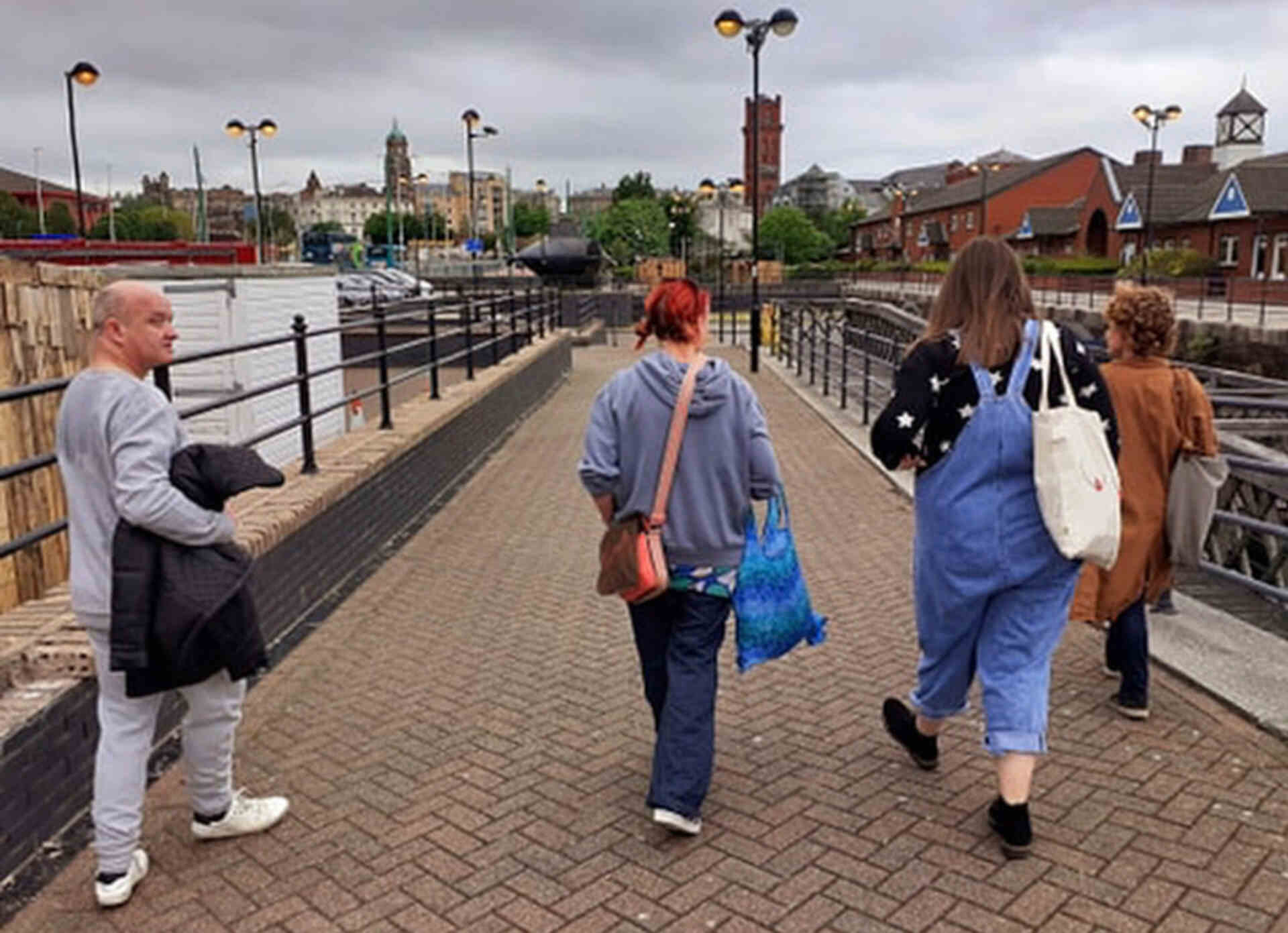
Covid-19 and beyond
Collective Encounters’ approach to making theatre for social change significantly evolved during the COVID-19 pandemic. Finding opportunities in the midst of crisis, they quickly adapted to delivering programmes online and worked creatively to maintain connection with those unable or unwilling to participate digitally.
As restrictions relaxed, they continue to make sure everyone is, and remains, safe and that no-one is left behind. To achieve this, they offer a hybrid (online and ‘in the room’) approach to delivering workshops and projects.
